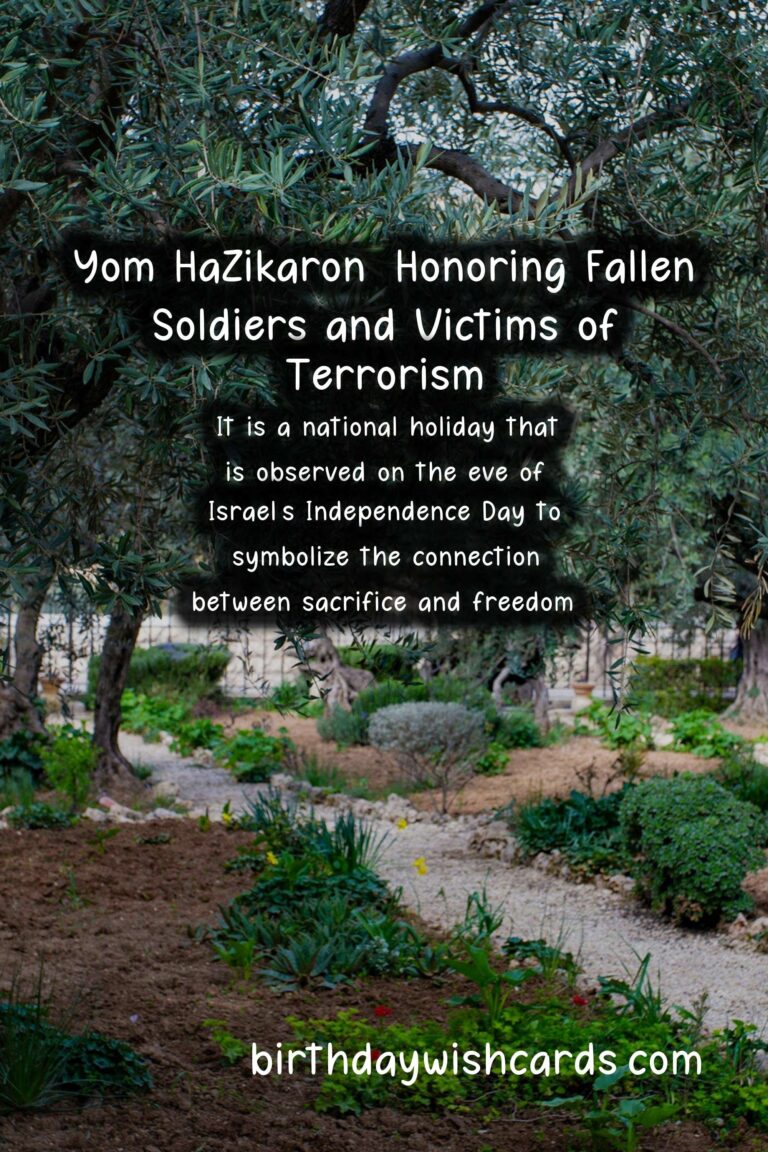The Enchanting History and Significance of Diwali
The Enchanting History and Significance of Diwali
Diwali, also known as Deepavali, is one of the most significant festivals celebrated in India and around the world. This joyous occasion symbolizes the victory of light over darkness and good over evil. Known as the Festival of Lights, Diwali captivates hearts with its vibrant traditions, rich history, and cultural significance.
The Historical Roots of Diwali
The origins of Diwali can be traced back to ancient India, where numerous legends underpin its significance. The most widely acknowledged story is that of Lord Rama, who returned to his kingdom Ayodhya after defeating the demon king Ravana. The people of Ayodhya celebrated Rama’s return by lighting oil lamps (diyas) to illuminate the path for him. This event marks the beginning of the Diwali festival.
Additionally, Diwali corresponds with the harvest season in various Indian regions and has been celebrated as a time of thanksgiving for bountiful crops. In Jainism, Diwali signifies the moment when Lord Mahavira attained Nirvana, while in Sikhism, it commemorates the release of Guru Hargobind Ji from imprisonment.
Significance of Each Day of Diwali
Diwali is typically celebrated over a span of five days, with each day holding its unique significance:
Day 1: Dhanteras
The first day of Diwali is known as Dhanteras, which marks the beginning of the festival. On this day, people worship Lord Dhanvantari, the god of Ayurveda, to seek blessings of health and wealth. It is customary to buy gold or silver items on this day, as it is considered auspicious.
Day 2: Naraka Chaturdashi (Choti Diwali)
The second day is known as Naraka Chaturdashi or Choti Diwali. It commemorates the victory of Lord Krishna over the demon Narakasura. Celebrations include early morning rituals and the lighting of diyas to celebrate the triumph of good over evil.
Day 3: Main Diwali
The third day is what people commonly recognize as Diwali. Families perform Lakshmi Puja, worshipping Goddess Lakshmi, the goddess of wealth and prosperity. This day involves lighting diyas, bursting fireworks, and sharing sweets and gifts with loved ones.
Day 4: Govardhan Puja
The fourth day, known as Govardhan Puja, honors the day when Lord Krishna lifted the Govardhan Hill to protect villagers from torrential rains. Devotees prepare various dishes and perform rituals to convey their gratitude.
Day 5: Bhai Dooj
The final day of Diwali is Bhai Dooj, dedicated to the bond between brothers and sisters. Sisters perform rituals for their brothers’ long life and prosperity, while brothers give gifts in return.
Diwali Traditions and Customs
Diwali traditions vary across regions and communities, but common practices include:
Lighting of Diyas
Lighting diyas symbolizes the dispelling of darkness and ignorance. Homes, streets, and temples are adorned with these lamps, creating a breathtaking spectacle.
Fireworks
Fireworks are an integral part of Diwali celebrations. The night sky becomes a canvas of colors, celebrating the victory of good and joy.
Rangoli
Rangoli, decorative patterns made from colored powders, flowers, or rice, are created in front of homes to welcome guests and deities, adding a festive charm.
Sweets and Feasts
Food plays a vital role during Diwali celebrations. Sweets, such as laddu, barfi, and jalebi, are prepared and shared among family and friends.
Modern-Day Celebration of Diwali
In contemporary society, Diwali transcends cultural boundaries. Major cities across the globe participate in Diwali festivities, showcasing Indian culture through fairs, performances, and public celebrations. Temples invite communities to partake in prayers and rituals, fostering a spirit of unity and joy.
Environmental Impact and Eco-Friendly Diwali
Amidst the joy of Diwali celebrations, there is growing awareness about the environmental impact of fireworks and pollution. Many advocates promote eco-friendly Diwali practices, encouraging the use of biodegradable materials and pollution-free celebrations.
Conclusion
Diwali is more than just a festival; it embodies hope, joy, and the triumph of goodness. Its historical and cultural significance connects individuals across generations, reminding people of the eternal light within each of us. As we light our diyas, burst fireworks, and share sweets, let us embrace the true essence of Diwali, fostering kindness, compassion, and love in our hearts.
Diwali, also known as Deepavali, is one of the most significant festivals celebrated in India and around the world.
The origins of Diwali can be traced back to ancient India, where numerous legends underpin its significance.






